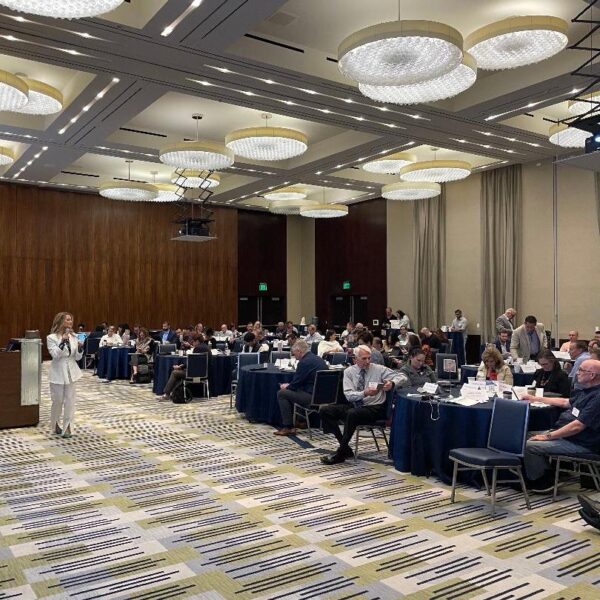The Great Resignation: Understanding the Phenomenon Redefining the Workforce
The world of work is undergoing a significant transformation, as employees around the globe are embracing the concept of the “Great Resignation.” This term refers to the unprecedented wave of resignations and job turnover that has transpired in the last few years. It symbolizes a profound shift in the relationship between employees and their work, with people reassessing their priorities, values, and career aspirations. We delve into the reasons behind the Great Resignation, its impact on the workforce, and the potential long-term consequences.
The Catalysts of the Great Resignation
Several factors have contributed to the rise of the Great Resignation. Firstly, the COVID-19 pandemic played a crucial role. The health crisis compelled individuals to reevaluate their work-life balance, priorities, and overall well-being. The experience of remote work during the pandemic also made many professionals realize the potential for greater flexibility and autonomy in their careers.
Secondly, the pandemic prompted profound societal changes, such as increased awareness of mental health, social justice issues, and the need for greater work-life integration. Employees now seek workplaces that align with their values and offer a supportive and inclusive environment.
Furthermore, the rapid acceleration of technological advancements has disrupted industries and job roles, leading to increased uncertainty and a desire for career change among individuals. Automation and artificial intelligence have transformed traditional work structures, making many professionals question the future relevance of their current positions.
Changing Attitudes and Priorities
The Great Resignation reflects an underlying movement in attitudes when it comes to work. Employees are placing significantly more importance on purpose, fulfillment, and personal growth. They are in search of opportunities that enable them to make a meaningful impact, pursue their passions, and maintain the all important healthy work-life balance.
The youthful workforce, particularly millennials and Generation Z, have spearheaded this change. They value flexibility, purpose-driven employment, and the ability to position their career lives with their personal values. Loyalty to one employer for an entire profession is no longer the norm, as these individuals are more willing to switch jobs to find the right fit.
The Impact on Employers and Industries
The Great Resignation creates serious challenges for employers and many industries. Companies are struggling with rising employee turnover, talent shortfalls, and the need to change to evolving employer expectations. To retain their workforce, organizations must invest in employee well-being, development opportunities, and flexible work arrangements.
Industries such as hospitality, retail, and healthcare have been particularly affected, as their employees faced high levels of stress, burnout, and increased health risks during the pandemic. The exodus of experienced workers from these sectors has strained operations and amplified existing labor shortages.
Opportunities for Positive Change
While the max exodus presents challenges, it also offers opportunities for better change. Employers can reassess their organizational culture, employee benefits, and workplace policies to meet the evolving needs of their new and existing workforce. Emphasizing employee well-being, purpose-driven work, and providing opportunities for growth and development can help attract and help with employee retention.
Flexibility in remote work arrangements and the adoption of innovative technologies can enable businesses to tap into a global talent pool, improving diversity and productivity. Moreover, encouraging a culture of continuous learning and adaptability can prepare employees for the ever changing job landscape and enhance their employee satisfaction.
Long-Term Consequences and Future Outlook
The long-term consequences of the Great Resignation remain to be seen. While the immediate impact may include labor shortages and increased job turnover, it also has the potential to reshape industries, employment practices, and the overall work environment. Employers who fail to adapt to the changing expectations of the workforce may struggle to attract and retain talent.
The future of work will likely witness a move towards more flexible and remote work arrangements, with a focus on work-life integration and employee satisfaction. The traditional 9-to-5 office model may give way to a hybrid approach that allows individuals to work from anywhere while maintaining both productivity and collaboration.
Additionally, the Great Resignation may lead to a surge in entrepreneurship as individuals seize the opportunity to pursue their passions and create their own businesses. This entrepreneurial spirit can drive innovation, economic growth, and job creation in various sectors.
Moreover, the Great Resignation is a wake-up call for employers to address issues such as employee burnout, mental health support, diversity and inclusion. Companies that prioritize these aspects will not only attract and retain top talent but also develop a more engaged and productive workforce. Although, it is important to note that the Great Resignation also brings challenges for workers who may face financial instability, job insecurity, or difficulties in transitioning to new career paths. Adequate support systems, including retraining programs, job placement services, and social safety nets, should be in place to assist those affected by these changes.
The Great Resignation is a transformative phenomenon that has reshaped the dynamics of the workforce. Driven by a shift in values, changing attitudes towards work, and the impact of the COVID-19 pandemic, employees are seeking greater fulfillment, purpose, and work-life balance. This wave of resignations poses challenges for employers and industries, but it also presents opportunities for positive change, such as prioritizing employee well-being, embracing flexible work arrangements, and encouraging a culture of continuous learning. The long-term consequences of the Great Resignation remain uncertain, but it has the potential to redefine the future of work, leading to a more agile, inclusive, and fulfilling work environment for all.
Author



















